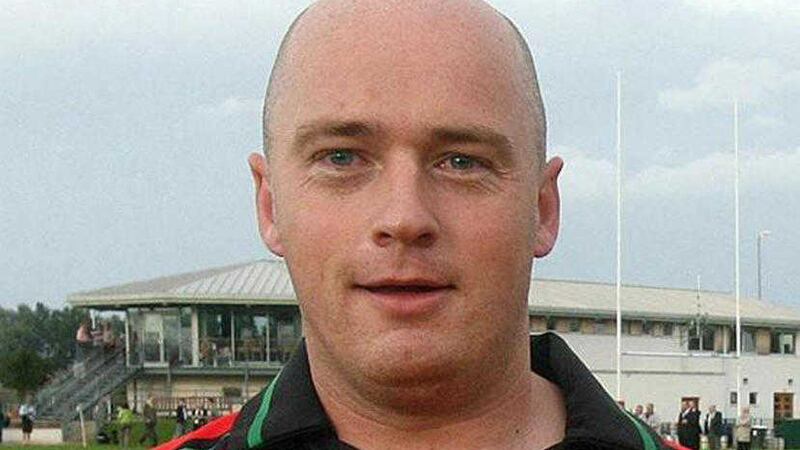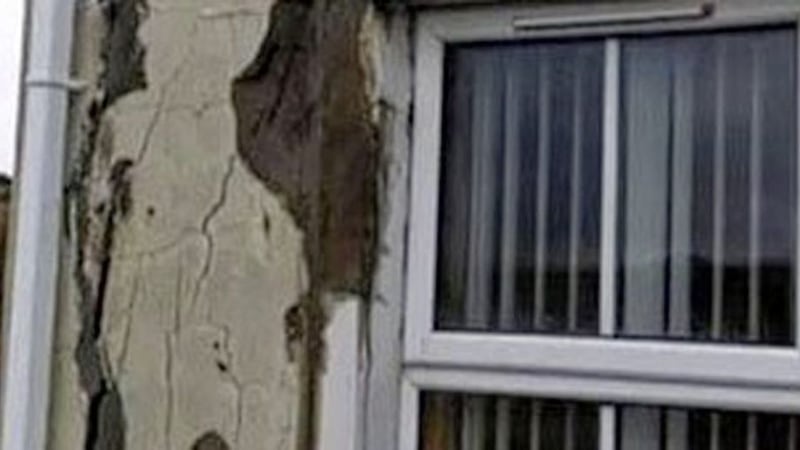TWO superintendents have become among the most senior PSNI officers ever to be disciplined after a Police Ombudsman investigation found they failed to pass on information about the bomb attack on Peadar Heffron.
The former constable lost a leg in January 2010 when a device exploded under his car as he travelled on the Milltown Road in Randalstown on his way to work in Woodbourne police station in west Belfast.
Police Ombudsman Dr Michael Maguire said on Thursday night he found insufficient evidence to back up an allegation that the attack could have been prevented.
But he recommended that the two detective superintendents and two detective sergeants - all from the PSNI's C3 intelligence unit - be disciplined for not passing on information to investigating officers.
The level of sanctions against the superintendents were reduced from those recommended by the ombudsman following directions from a senior officer.
The attack on Mr Heffron, a fluent Irish speaker and captain of the PSNI Gaelic football team, was claimed by dissident group Oglaigh na hEireann.
No-one has ever been charged.
The ombudsman launched a probe after a man, understood to be a long-standing informer, complained that several weeks before the bombing, police received information there was to be a bomb attack on officers at 'Milltown' and that it could have been prevented.
Dr Maguire said ombudsman investigators spoke to the man who said he had received a text message warning him of an attack, which he passed on to police.
Although he did not keep the text, he told investigators that it read: "Attack on police officers - Milltown - urgent".
He said he believed the 'Milltown' was Milltown in west Belfast, but he did not specify this in the text he sent to police.
The man claimed that following the bomb attack, police contacted him to say they had checked all Milltowns but 'missed out on Randalstown'.
However, the officer who received the text said he wrote down the message, which had specified Milltown in Andersonstown in west Belfast, and issued a warning to all police in west Belfast.
The officer denied contacting the man and said the man actually apologised to him for incorrectly interpreting 'Milltown' as referring to west Belfast.
The ombudsman found, on the balance of probabilities, that police were told the impending attack was to be in Belfast.
However, during the ombudsman's probe, investigators became concerned that detectives investigating the attack were not getting the help they needed from the PSNI's C3 intelligence unit.
During interviews, two superintendents within the unit said they had supplied information to detectives within weeks of the attack.
But the ombudsman said the unit could not provide any evidence to confirm that detectives had received the information.
He said it was only made available after the ombudsman became involved.
Dr Maguire said although the information did "not lead to significant new evidence", the delay meant that the investigation "lost momentum".
"Police policy requires that investigators are provided with intelligence at the earliest opportunity," he said.
SDLP Policing Board member Dolores Kelly said the report "details consistently shocking and disturbing deficiencies within the handling of intelligence relating to this appalling crime".
She also questioned why police downgraded the level of sanctions against the two superintendents.
"The Chief Constable will have very serious questions to answer when he appears before a special meeting of the Policing Board on Tuesday," she said.
Anne Connolly, chair of the Policing Board, also said the Ombudsman's report highlighted serious shortcomings.
"There are serious questions arising from the conclusions, and specifically in relation to the arrangements for the sharing of intelligence, which the board will want to discuss with the chief constable."








